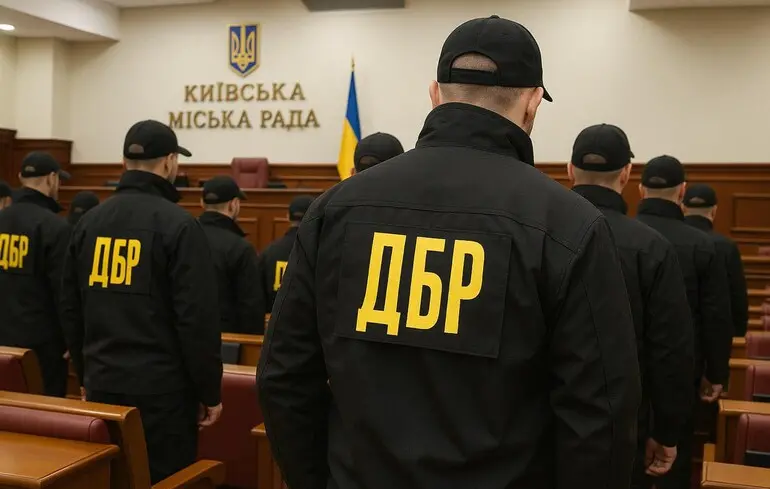Why Security Forces Closely Tied to the President Are Intensifying Pressure on Local Governments: Three Potential Motives and Their Significance

Since the appointment of Ruslan Kravchenko as the new Prosecutor General, Ukrainian law enforcement agencies have begun to systematically ramp up their activities against local self-governments.
This surge raises numerous questions and suspicions regarding their true motives.
Analyzing the current situation reveals at least three key reasons behind this targeted pressure.
The first motive is the desire to divert attention from the ongoing power struggle at the top echelons of Ukrainian politics, particularly between presidential security agencies and anti-corruption institutions.
These internal conflicts are not new, but they have recently intensified remarkably.
Notably, recent searches conducted within security and anti-corruption agencies involving prominent figures like Ihor Sukhorad and Pavlo Dudar exemplify this escalation.
These actions foster tension and contribute to the public’s increasing concern over the internal discord within state structures, which has become a focal point of scrutiny.
The second reason concerns the strategic mobilization of administrative resources ahead of upcoming elections.
Historically, Ukrainian political actors have used administrative leverage to influence electoral outcomes, and this tradition continues.
In the current deadlocked negotiation environment, access to administrative tools is crucial for controlling voting processes and ensuring favorable results, often through manipulative practices.
The third cause, as pointed out by experts, relates to the new prosecutors’ focus on ‘cleaning up’ local elites.
The aim is to strengthen the positions of newly appointed officials and diminish the influence of existing local power structures.
However, the effectiveness of such efforts appears limited: in Kyiv alone, over the past six years, 1,404 criminal cases have been initiated, with only two resulting in court verdicts.
This indicates that much of the activity is symbolic rather than substantive, serving political purposes rather than genuine reform.
Local authorities, acutely aware of the weaknesses within the central structures, have learned to navigate these pressures through informal channels—meeting in saunas, on fishing trips, or in restaurants—avoiding direct confrontations.
They tend to issue collective statements and keep details of criminal proceedings confidential, just in case.
Meanwhile, numerous reports from national associations confirm that pressure on local leadership in regions such as Poltava, Chernivtsi, Odesa, Chernihiv, and Ivano-Frankivsk has significantly increased, with authorities often unjustifiably suspecting or targeting local officials.
Such developments threaten the foundations of local democracy and pose a serious challenge to the country’s political stability.

